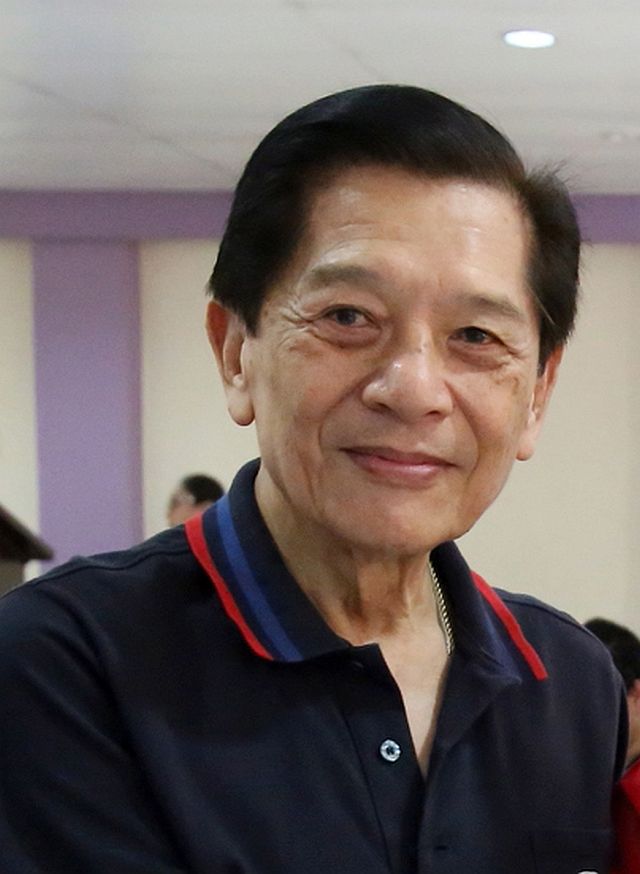
Cebu City North District Representative Raul del Mar /CDN File Photo
CEBU CITY, Philippines – The Magna Carta of the Poor, the bill that aims to address hunger and ensure full access to basic services to help alleviate poverty, has been enacted into law.
The Magna Carta, one of three major bills that recently lapsed into law, is considered a landmark legislation.
Representative Raul V. Del Mar, Cebu City north district congressman and principal author of the Magna Carta, hailed President Rodrigo Duterte’s decision for the country to have the law which can “be part of the answer to the prayers of millions of poor and disadvantaged Filipinos for a committed, sustainable and decisive framework from the government to eradicate poverty.”
In essence, Del Mar said, social justice in a democracy is “caring for the poor, a continuing and sincere concern for the underprivileged, a genuine and serious effort to improve their quality of life.”
“This is what the Magna Carta of the Poor is all about,” he added.
In a press statement, Del Mar said that the law was a result of legislative work spanning 15 years.
Then House Bill 55 was filed before the 13th Congress in 2004. It had been refiled and went through several House committee hearings and plenary deliberations, until the current bill (HB 511) was consolidated with its Senate version (SB 2121) and submitted to President Duterte under the current 17th Congress.
Del Mar said that the Magna Carta expressly provides that the rights and benefits granted by existing laws for the poor will continue to exist and won‘t be diminished.
“While there may be existing laws touching on the needs of the poor, the jobless, the homeless and the landless as part of an overall national strategy to alleviate poverty, this proposed legislation puts in sharp focus by stating in unequivocal terms what is felt to be the basic irreducible rights of the poor as essential requirements towards poverty alleviation, rights without which it is pointless to talk about poverty alleviation,” said the bill’s explanatory note.
The rights on reducing poverty are the right to adequate food, right to creation of jobs, right to free relevant and quality education, right to adequate housing, and right to free health care and medicine – “the minimum standards of decency,” it added.
“More than a bill of rights of the poor, the Magna Carta of the Poor declares that the government must now take the side of the poor because the issue of poverty has now become a critical question of survival; that government intervention, given the present situation, is the only realistic route to take to uplift the poor while long term measures, strategies and solutions to poverty are being put in place. And government “must invest heavily in anti poverty programs for the economic empowerment of the poor.”